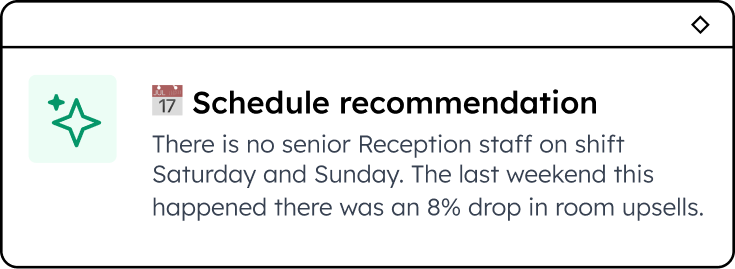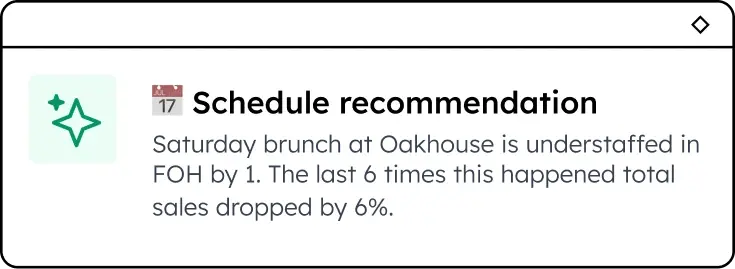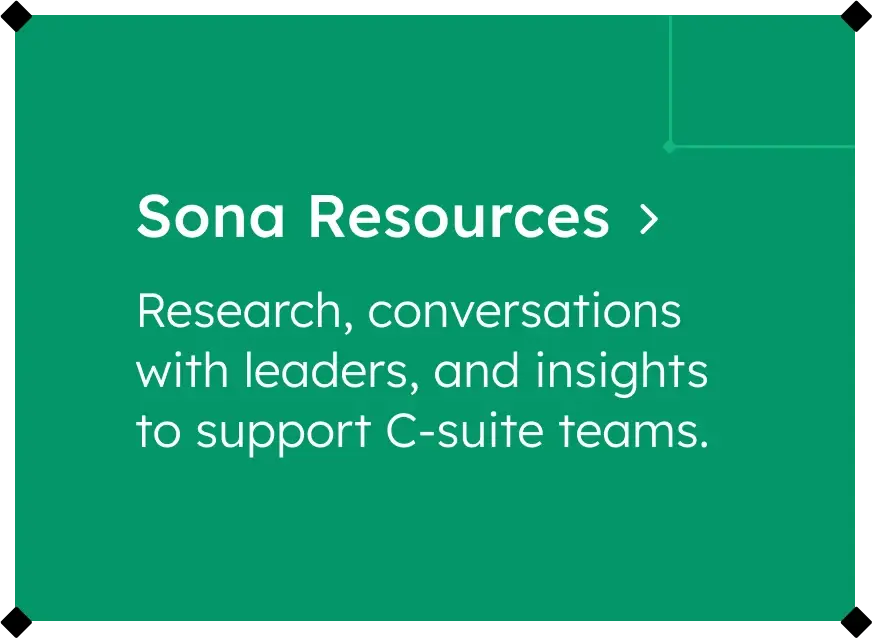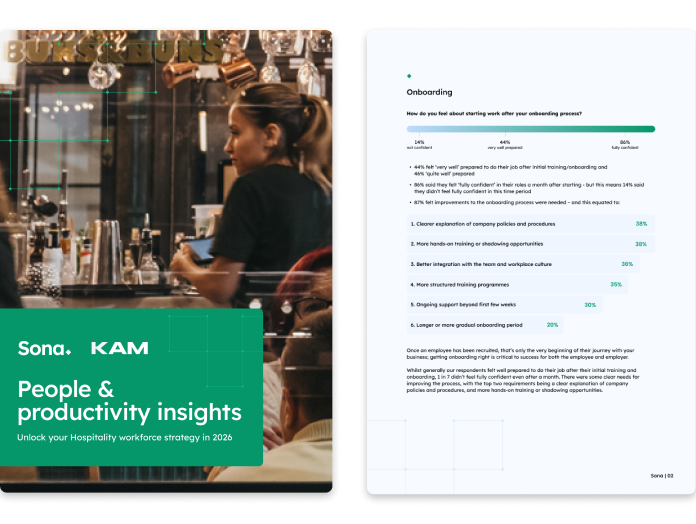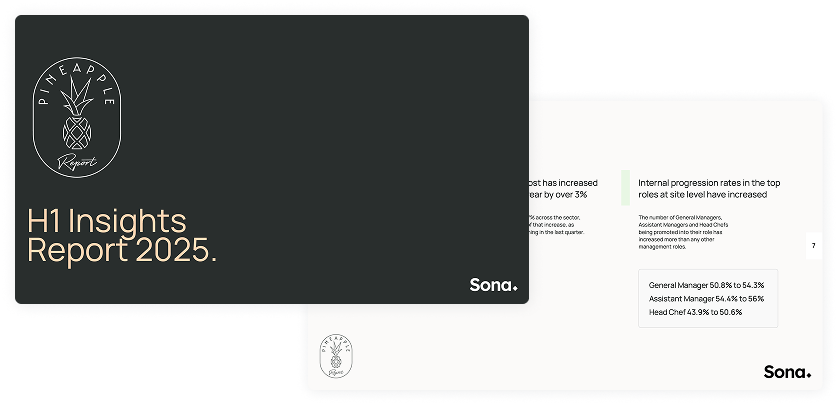UK Social Care Glossary – Terms & Definitions
Like all industries, Social Care isn't short on specialist terminology. We've put together this handy guide to some of the most common words and phrases.
4 minute read
A
Advocacy
Support and representation for individuals to ensure their rights are upheld and their voices are heard.
Ageism
Discrimination based on age, often towards older people.
B
Behavioural support
Strategies and interventions to support individuals with challenging behaviour.
C
Capacity
The ability of an individual to make decisions for themselves.
Carer
A person who provides care and support to a family member or friend in need.
Care home
A residential setting where individuals receive care and support.
Care plan
A detailed plan outlining the support and care an individual requires.
Care workers
Professionals who provide care and support to individuals in need.
Children's services
Support and services provided to children and families in need.
Chronic illness
A long-term condition that requires ongoing care and management.
Community care
Support and services provided to individuals in their local community.
Continuous professional development (CPD)
Ongoing learning and training for professionals in the care sector.
D
Dementia
A decline in cognitive function, including memory loss and difficulty with problem-solving.
Deprivation of liberty
The restriction of an individual's freedom, often in a care setting, without their consent.
Disability
A physical or mental condition that affects a person's ability to carry out everyday activities.
E
Employee engagement
A measure of the level of commitment and involvement that employees have in their work and their organisation. It is characterised by employees who are motivated, engaged, and focused on their work, and who feel a sense of connection and purpose in their roles.
Employee recognition
Employee recognition is the act of acknowledging and valuing the contributions and efforts of an employee in the workplace. This can be in the form of verbal praise, written appreciation, awards or other forms of recognition, such as additional responsibilities or promotions.
End-of-life care
Support and care provided to individuals approaching the end of their life.
F
Funding
The financial resources available to support care and support services.
G
Geriatric care
Care and support specifically tailored to the needs of older people.
H
Home care
Support and assistance provided to individuals in their own homes, rather than in a residential care setting.
Human rights
Basic rights and freedoms that should be protected and respected for all individuals.
L
Long-term care
Care and support provided over an extended period of time.
M
Mental capacity
The ability of an individual to make decisions for themselves.
Mental health
A person's overall psychological well-being.
O
Occupational therapy
A form of therapy that helps individuals develop or regain the skills needed for daily living and working.
P
Palliative care
Care that aims to improve the quality of life of individuals with a terminal illness or chronic condition.
Personal assistant
An individual who provides support to a person with a disability or long-term health condition in their daily life.
Physical therapy
A form of therapy that aims to improve physical function and mobility through exercise, massage, and other techniques.
R
Residential care
Long-term care provided in a residential setting, such as a nursing home or care home.
S
Self-directed support
A way of organising and providing social care that gives individuals more choice and control over their care and support.
Social Care
Support provided to individuals with disabilities, long-term health conditions, or other social needs, to help them live as independently as possible.
Social worker
A professional who helps individuals and families cope with social, emotional, and practical problems.
Speech and language therapy
A form of therapy that helps individuals improve their communication skills and/or overcome swallowing difficulties.
Support worker
An individual who provides support to a person with a disability or long-term health condition in their daily life.
T
Telecare
A range of technologies and services that help individuals to live independently in their own homes by providing assistance in case of an emergency or detecting changes in an individual's health or well-being.
Time Spent on Fulfilment (TSOF)
The amount of time spent by individuals responsible for rota management on finding staff to fill available shifts (per day, week or month).
Training Matrix
Anway to organise and present information about the skills, qualifications, and competencies of the individuals within a Social Care workforce.
Vulnerable adult
An individual who is unable to take care of themselves or protect themselves from harm or exploitation.
W
Workforce management
The processes and systems that organisations use to optimise the productivity and effectiveness of their employees. This can include activities such as scheduling, time and attendance tracking, payroll, performance management, and training and development.
Workplace adjustments
Changes made to an individual's workplace to accommodate their disability or long-term health condition.
Workplace wellbeing
The physical, mental, and emotional health and well-being of employees in their work environment. It involves creating a safe and supportive work culture that promotes healthy habits and behaviours and addressing any issues that may negatively impact the wellbeing of employees.
Y
Young carer
An individual under the age of 18 who provides care for a family member or friend with a disability, illness, or mental health condition.
Enjoyed this article? Let's stay in touch 👋
If you liked this article, why not subscribe to our newsletter to get the latest news and views delivered straight to your inbox?

